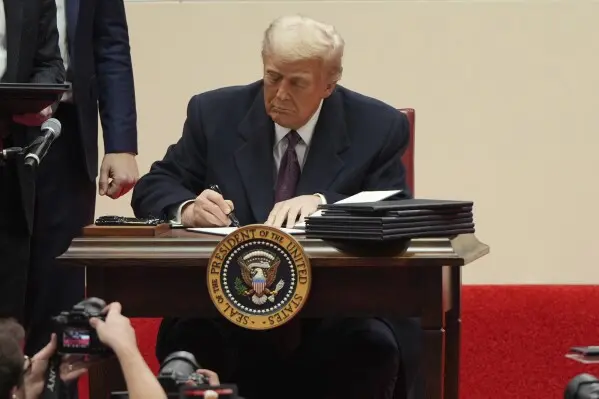
The US has begun a new diplomatic effort to urge other countries to make stronger commitments to curb greenhouse gas emissions and speed up the switch to renewable energy around the world. This is part of its plan to get back on top of global climate policy. As concerns about climate change become increasingly clear, Washington is making climate action a major strategic priority that has an impact on national security, international trade, and economic growth. Some of these dangers are heat waves that have happened in the past, big wildfires, increasing sea levels, and droughts that endure a long time. In the past few months, high-ranking officials from Washington have been to significant cities throughout the world, including as Berlin, Tokyo, New Delhi, Brasília, and Nairobi, to engage with political leaders, environment ministers, and energy policy advisors. The main theme of these talks has been how to make sure that actions performed around the world are in line with scientifically recommended emissions goals, especially those set out in the Paris Climate Agreement. U.S. policymakers warn that the world doesn't have much time left to halt the worst effects of climate change. They also say that countries need to work together more swiftly before global warming gets so bad that it can't be fixed. But it is still challenging to coordinate climate policies. One of the biggest challenges is that the countries participating are in various economic positions. Wealthy, industrialized economies have the technology and infrastructure to transition to renewable energy swiftly. Emerging countries, on the other hand, rely heavily on coal, oil, or gas to grow, and they do not have the money to switch to renewable energy sources on a wide scale. Washington has acknowledged that these gaps exist and is now pushing for new methods to pay for green energy projects, share technology, and other projects that will support sustainable development without damaging the economy. One of the primary things the U.S. says is that doing anything about climate change doesn't have to hurt the economy. Washington is more interested in finding new places to sell solar energy, wind power, electric automobiles, next-generation batteries, carbon capture technology, and farming that is good for the environment. These fields are changing how people work and how commodities get from one place to another. This is creating new opportunities for investment, manufacturing, and new ideas. The U.S. government has said that jobs in the renewable energy infrastructure sector are on the rise. People think that climate policy will not only help the environment but also make the economy more competitive in the long run. Some sections of the United States are still not sure about it, though. Some people think that America's credibility has suffered because different presidents have had varied climate policies. Some countries are afraid that future governments would break these kinds of deals. Washington is working to get laws to support multi-year climate frameworks to remedy this. This will help them last longer and make it less likely that they will alter when elections occurs. There are still fights going on in U.S. politics, though. Some members of Parliament want to speed up the process of getting rid of fossil fuels, but others say that some towns and industries still depend on oil, gas, and coal for jobs and business. These conversations have made it evident that we need plans for the transition that strike a compromise between the need to act rapidly on climate change and the need for social and economic stability. Some people have recommended retraining programs for workers, efforts to diversify energy sources, and incentives for manufacturers to make it simpler for industries to adapt. International talks also think about important geopolitical issues. Big countries like the US, China, and the EU are all attempting to control the future of the world's energy systems, which is now linked to global dominance. Washington believes that being the first to switch to clean energy will make it look better to the rest of the world, make it less dependent on foreign fossil fuel supply networks, and provide it a diplomatic platform based on shared global risk. As global climate summits get closer, Washington is telling other countries to have clear schedules, enforceable carbon limits, and ways for the public to see how they are doing. The key purpose is to establish policies that can be tracked and evaluated in real time, not just make promises. Policymakers warn that dealing with climate change is no more a matter of good will, but of duty to the world. We don't know yet if these diplomatic efforts will make the world a better place. But Washington's growing involvement reveals that the next ten years will be about how well the world handles the change to a low-carbon, long-lasting future. The result will have an impact on the environment, the economy, and the ability of countries to work together politically.






